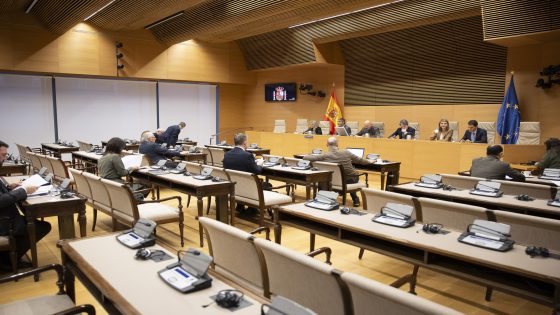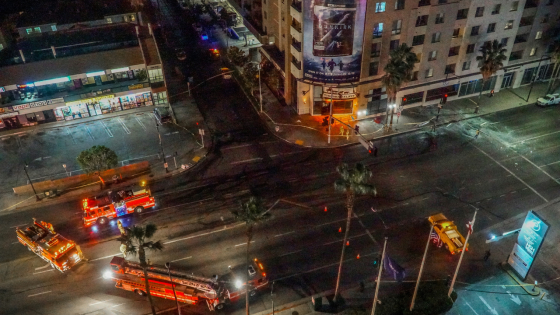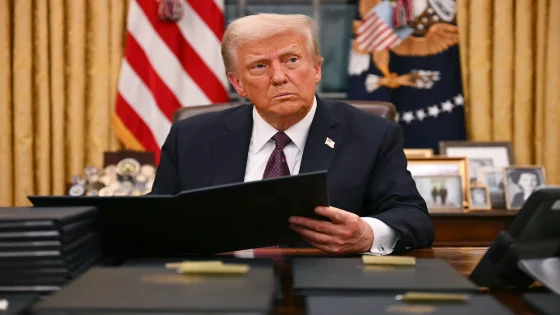On August 16, 2023, a significant event unfolded as Junts and ERC compelled the PSOE to establish a commission investigating the jihadist attacks in Barcelona and Cambrils that occurred on August 17, 2017. This move was crucial for Francina Armengol, a socialist from Mallorca, to become the President of Congress. But what does this mean for accountability and transparency in Spain?
- Commission established to investigate 2017 attacks
- PSOE and PP skeptical about commission's impact
- New revelations challenge previous official narratives
- Declassification of documents revealed intelligence failures
- Testimony from Houli raised serious accusations
- Ongoing political fallout from investigation continues
Investigating the 2017 Barcelona and Cambrils Attacks: What We Know
Why is the investigation into the 2017 attacks so vital? The commission seeks to clarify unanswered questions and hold responsible parties accountable. This initiative has garnered support from various political groups, including Comuns, PNB, and EH Bildu, highlighting its importance in Spanish politics.
Key Developments in the Investigation of the 2017 Attacks
The commission’s formation comes after the Supreme Court closed the case, raising concerns about the thoroughness of previous investigations. Key points include:
- New evidence and testimonies have emerged, challenging the narrative of effective management by authorities.
- Documents related to the jihadist cell leader, Abdelbaky Es Satty, were declassified, revealing intelligence lapses.
- High-ranking officials admitted to failures in preventing the attacks, sparking political controversy.
- Victims’ advocates are pushing for deeper investigations into the handling of the case.
Political Fallout from the Commission’s Findings
The testimonies presented to the commission have stirred significant political reactions. For instance, Mohamed Houli, a convicted participant in the attacks, claimed that the CNI was aware of the imam’s intentions. This assertion has led to a political uproar, as it questions the integrity of the intelligence services.
Implications for Future Security Measures in Spain
As the investigation unfolds, it raises critical questions about Spain’s security protocols. The commission aims to ensure that lessons are learned to prevent similar tragedies. This could lead to reforms in intelligence operations and inter-agency communication, which are vital for public safety.
In conclusion, the establishment of this commission is a crucial step towards uncovering the truth behind the 2017 attacks. It highlights the need for accountability and transparency in government actions, which is essential for restoring public trust and enhancing national security.





























